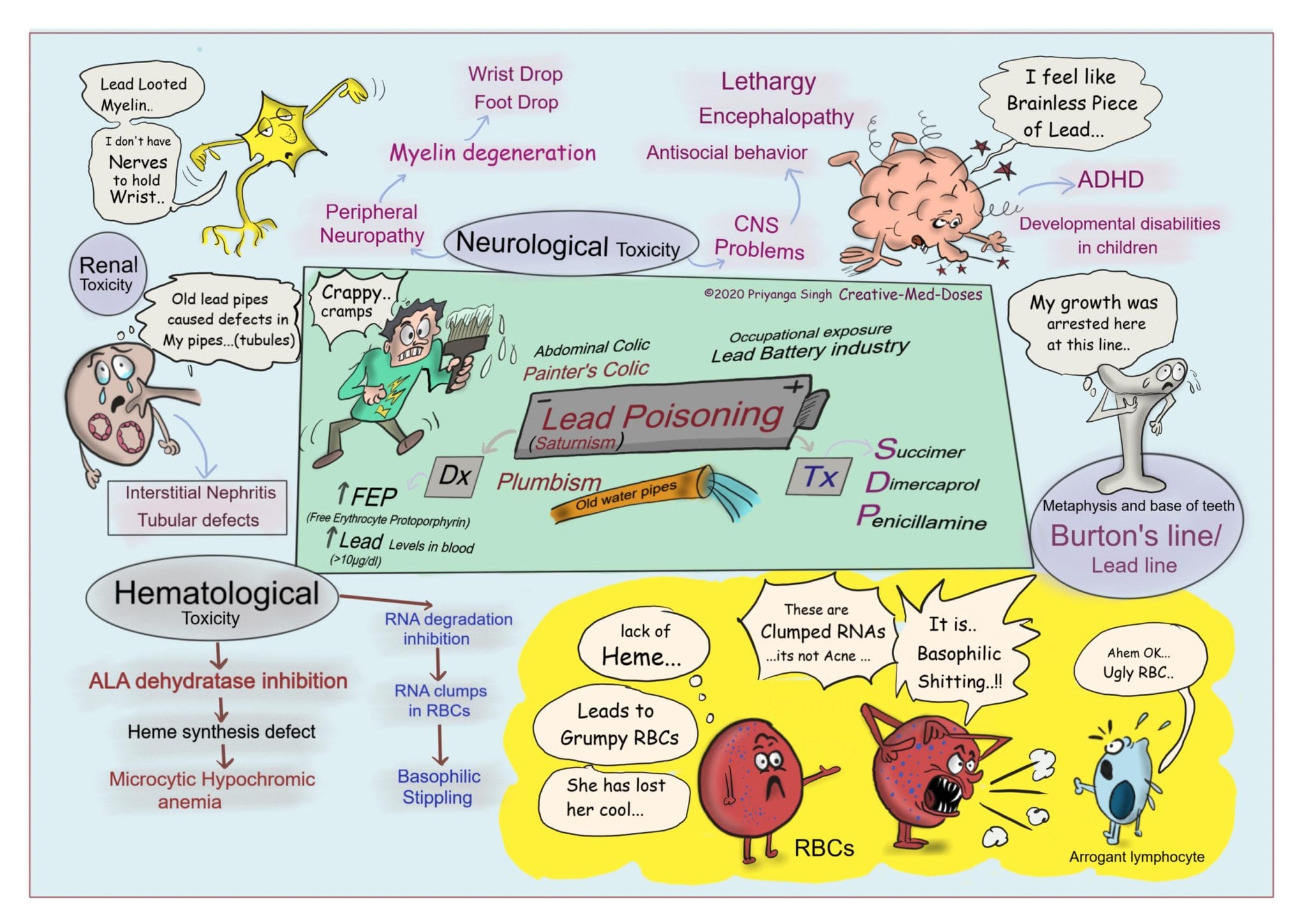A recent groundbreaking study has emerged, suggesting a shocking connection between lead exposure from gasoline and mental health disorders affecting over 150 million individuals globally. The research, conducted by a team of environmental scientists and public health experts, highlights the long-term consequences of leaded gasoline use, which was phased out in many countries starting in the late 20th century but continues to impact populations, particularly in developing regions.
Lead, a toxic heavy metal, has been linked to a myriad of health issues, particularly neurological and cognitive impairments. The study, published in the journal Environmental Health Perspectives, analyzed data from various countries, revealing that areas with higher historical use of leaded gasoline exhibited significantly increased rates of diagnoses for conditions such as anxiety, depression, and attention-deficit hyperactivity disorder (ADHD).
Dr. Sarah Martinez, the lead researcher, emphasized that the findings could reshape our understanding of environmental health and its implications for mental well-being. “Our research indicates that the effects of lead exposure are not confined to physical health; they extend deeply into mental health, affecting cognitive function and emotional regulation,” she stated during a recent press conference.
The study utilized comprehensive data sets, including health records and environmental exposure assessments, to draw correlations between lead levels in blood and the prevalence of mental health diagnoses. The researchers estimated that approximately 150 million mental health diagnoses could be attributed to lead exposure linked to gasoline.
Historically, lead was added to gasoline to improve engine performance and reduce knocking. However, the toxic effects of lead were recognized, leading to a global movement to eliminate its use. While many high-income countries have successfully banned leaded gasoline, some low- and middle-income countries still grapple with its legacy, as older vehicles and infrastructure continue to expose populations to lead.
The implications of this study are profound, calling for increased awareness and action from public health officials. Experts argue that immediate measures should be taken to mitigate exposure, especially in vulnerable populations, including children and pregnant women, who are particularly susceptible to the neurotoxic effects of lead.
Public health campaigns to raise awareness about the dangers of lead exposure and its mental health implications are urgently needed. Additionally, the study advocates for enhanced screening and intervention programs to support those affected by lead-related mental health issues.
As the world continues to confront the long-term effects of environmental pollutants, this study serves as a crucial reminder of the need for comprehensive public health policies that address both physical and mental health outcomes. The legacy of leaded gasoline is a stark example of how environmental factors can shape human health across generations, underscoring the importance of proactive measures to protect vulnerable populations from similar risks in the future.
In conclusion, as we move forward, it is imperative to consider the full spectrum of health impacts caused by environmental toxins like lead, ensuring that mental health is prioritized in public health discussions and policies. This new research not only sheds light on the past but also serves as a call to action for safeguarding future generations from the hidden costs of environmental negligence.



